20+ Years Experience
Specialist Business Insolvency Company

Get in Touch Today to Speak to a Specialist Adviser
Understanding the differences between Administration and a Company Voluntary Arrangement can help companies determine the best process for their current financial situation.
It is highly recommended that companies experiencing financial difficulties consult with an insolvency professional as soon as possible to explore their options.
Consulting with a licensed insolvency practitioner is particularly important when considering the legal processes of Administration and CVA.
Both processes can help a company in financial difficulty to reduce future tax liabilities, restructure its affairs and finances, and potentially save a viable business from insolvency or closure.
An insolvency professional can offer a free initial consultation and use their expertise to save a business facing financial difficulties potentially. Delaying seeking advice can limit options and increase the likelihood of formal insolvency or closure.
The administration process involves the Administrator or Insolvency Practitioner taking charge of the company’s management, whereas in a CVA, the current directors can maintain control of the company, but only if they comply fully with the terms of the CVA agreement.
A CVA can be pursued by a business that is not yet insolvent as a proactive measure to address financial challenges before they become unmanageable.
On the other hand, administration is designed to try to rescue the company as a going concern.
If a business adheres to the terms of a CVA, there is a strong possibility that it will be able to continue operating. In contrast, if the business is unable to meet the requirements of the CVA, the directors may be faced with the prospect of liquidating the company.
The goal of the administration process is to try to rescue the business as a going concern, rather than necessarily resulting in the sale of assets or the entire business.
During the CVA process, the company’s directors retain control of the business, allowing them to continue operating the company and potentially trade their way out of financial difficulties.
In contrast, during the administration process, an IP takes control of the company and makes decisions on behalf of the directors.
One potential advantage of a CVA is that it allows company directors to use the company’s previous years’ tax losses to offset its future tax liabilities.
This can provide the business with some financial relief as it works to repay its debts. In contrast, the administration process immediately begins a new tax period for the business, which means that any previous tax losses cannot be carried forward.
This can create additional financial challenges for the company, as it may be unable to utilize past tax losses to offset its current tax liabilities.
This difference between a CVA and administration may be an important factor for directors to consider when deciding which course of action to take in the face of financial difficulties.
A CVA is only granted to companies that are considered to be viable, so there is no need for an investigation into the directors’ conduct.
This means that the directors can focus on implementing the CVA and working to turn the business around without worrying about potential personal consequences.
In contrast, the administration process may involve an investigation into the company’s management leading up to the administration, as the insolvency practitioner must assess how the company was run.
This can be a time-consuming and potentially stressful process for the directors, who may be concerned about their personal liability. This difference may be an important factor for directors to consider when deciding whether to pursue a CVA or administration in the face of financial difficulties.
Company Administration is an insolvency process where an administrator takes control of the company, and the powers of the directors cease. It is mainly used in three ways:
A Company Voluntary Arrangement (CVA) is a contractual agreement between a company and its creditors, whereby the company offers repayment of what it can afford to fulfil the debt.
These arrangements can be agreed upon by profits, a lump sum payment, or any other proposal based on the company’s unique circumstances.
A CVA can also be an exit route from administration if an administrator feels it is more suitable. The incumbent directors will retain control of the company, provided they abide fully by the terms of the CVA agreement.
No, the two processes are distinctly different. In administration, the running of the company lies with the Administrator or Insolvency Practitioner.
In a CVA, the incumbent directors retain control of the company, provided they abide fully by the terms of the CVA agreement.
In a pre-pack administration, the business is widely marketed for sale, and the bidders can include the board of the company in question and/or its management.
The directors can buy the company’s assets, leaving the company’s debts behind, providing they offer the best proposal, which an Evaluator approves.
If creditors agree to the terms of the CVA, the company’s day-to-day operations continue. The company must make agreed payments to the CVA fund to fulfil the terms of the agreement.
An Insolvency Practitioner will act as Supervisor, ensuring the company meets its obligations and keeping creditors updated on the CVA’s progress.
If a CVA is completed, the company can continue under its management and no longer be bound by the terms of the CVA contract.
However, in some instances, a company can fail a CVA, such as if its income drops significantly. If the CVA fails, the company will likely enter Administration or Liquidation.
A CVA does affect all creditors , but fixed charge creditors, such as banks, are not included in a CVA and can demand repayment of the debt at any point as
When a company is experiencing financial difficulty, it’s important to consult a licensed insolvency practitioner to explore all available options. Under the Insolvency Act, both administration and CVA can be used to address a company’s financial challenges and avoid insolvency.
One potential advantage of a CVA is that it allows the company to use its accumulated tax losses to offset future tax liabilities, providing some financial relief. Additionally, in a CVA, directors remain in control of the company as long as they abide fully by the terms of the agreement.
On the other hand, administration involves the appointment of an administrator to manage the company’s affairs, and the company begins a new tax period, which may create additional financial challenges. Furthermore, the administration process may involve director investigations, which can be time-consuming and potentially stressful for the directors.
Ultimately, deciding between the administration and CVA will depend on the unique circumstances of the company’s financial difficulties and the preferences of its stakeholders. It’s important to weigh the pros and cons of each option and seek professional advice before deciding.
Here are some other informative articles about business debt in the UK:

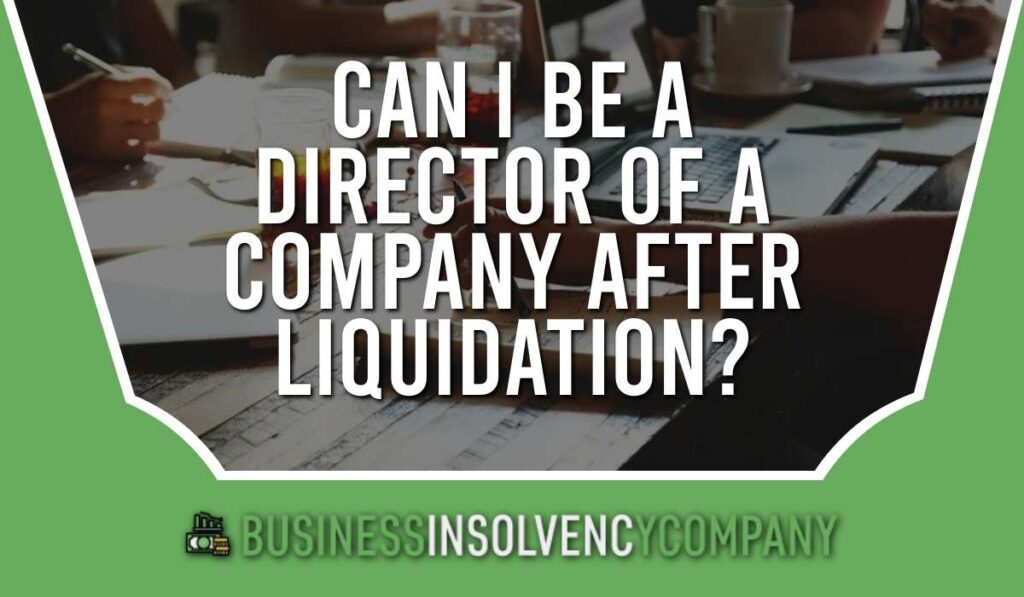


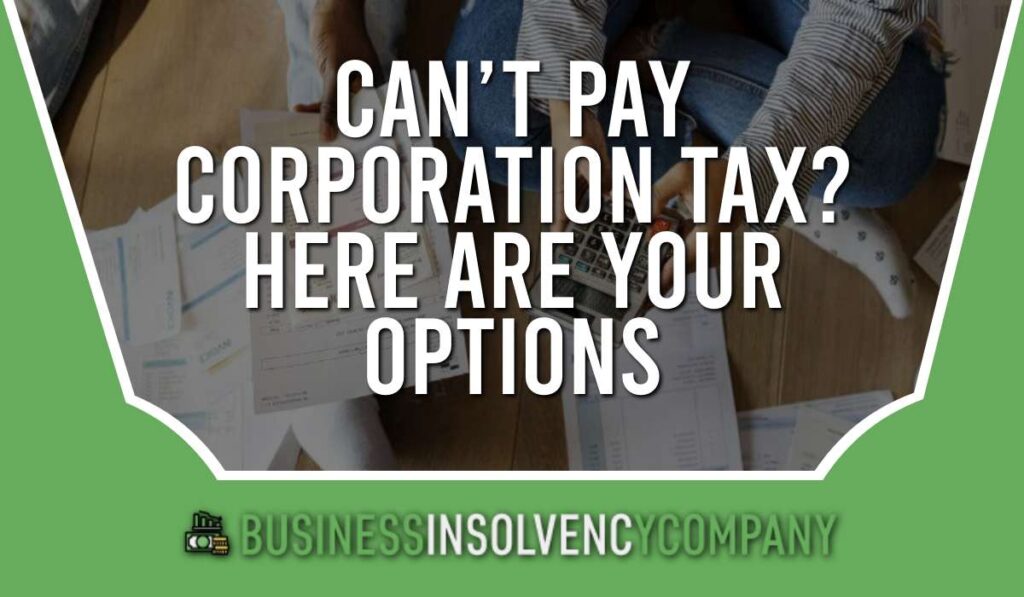

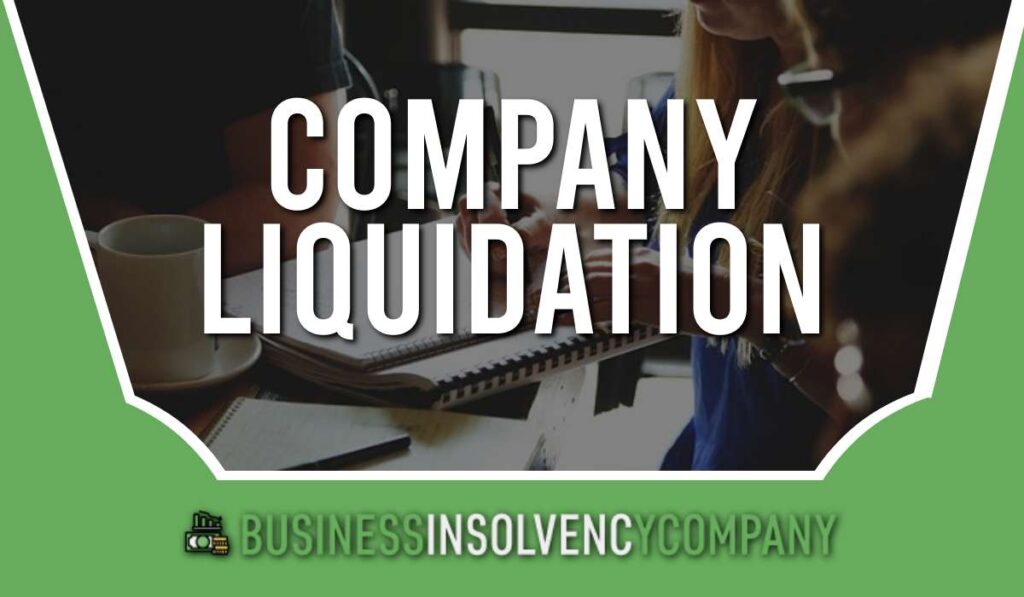
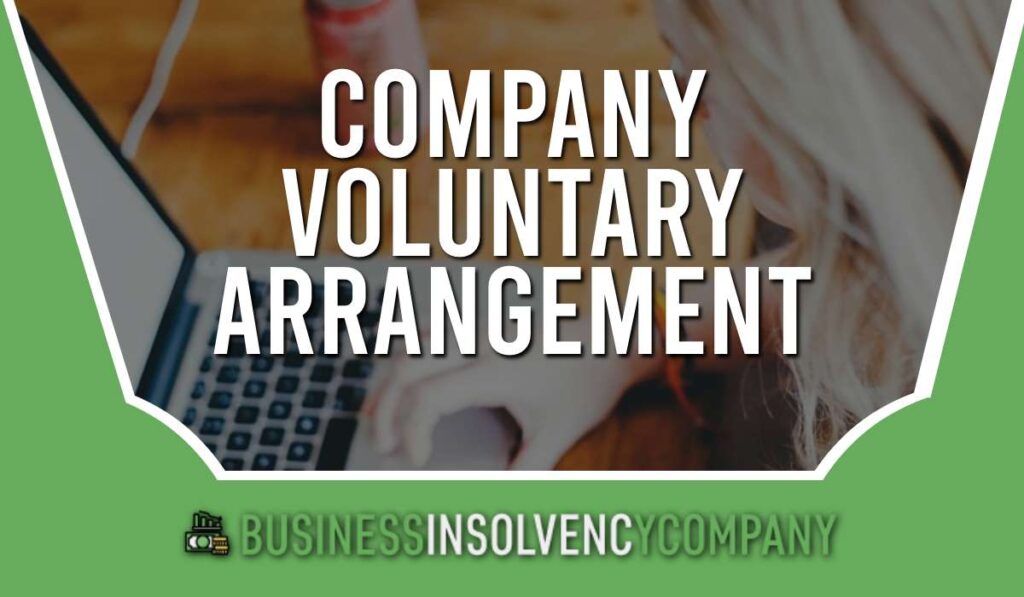

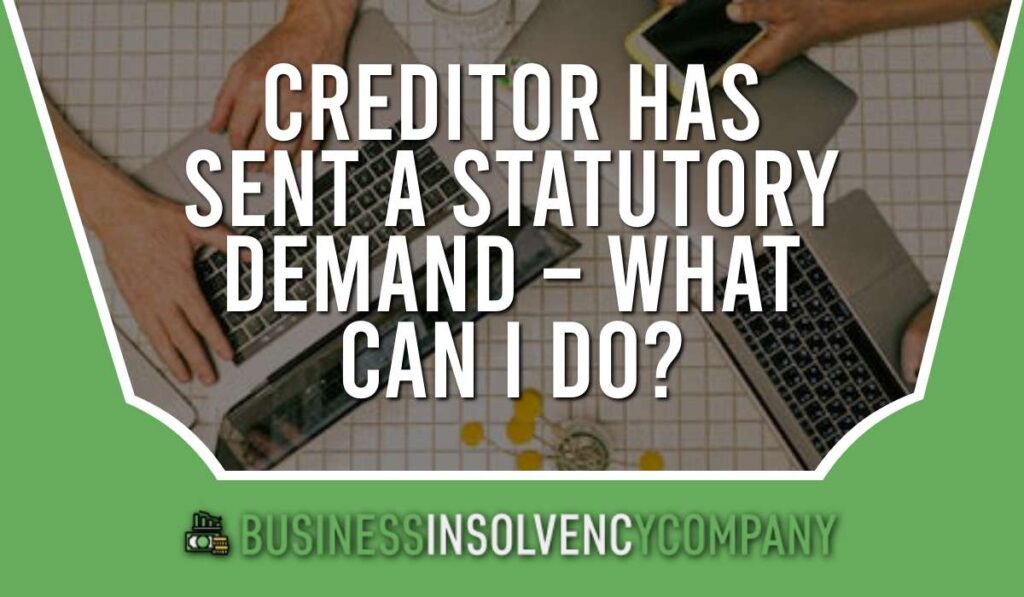
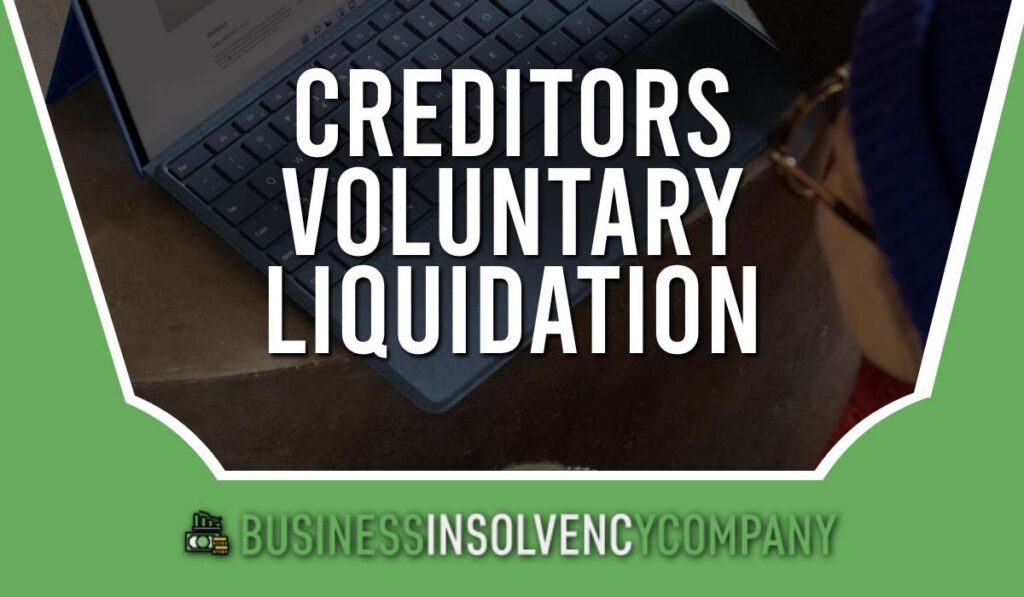
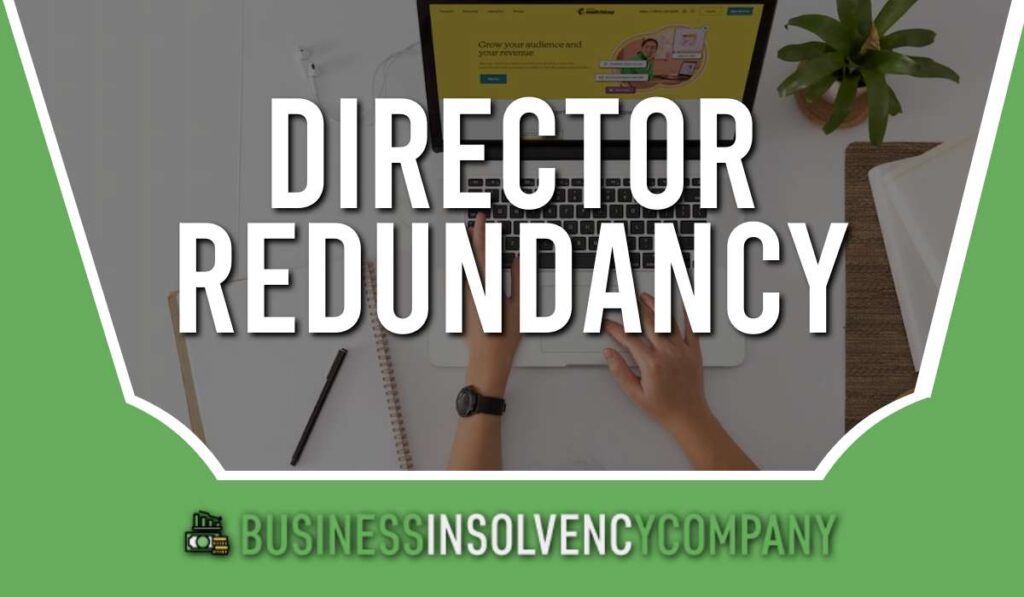
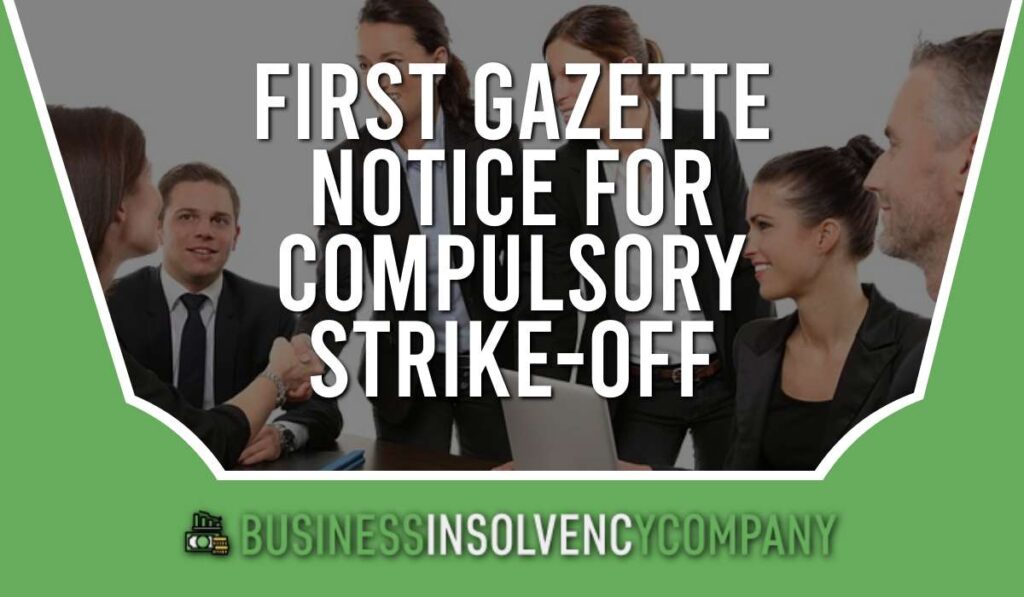
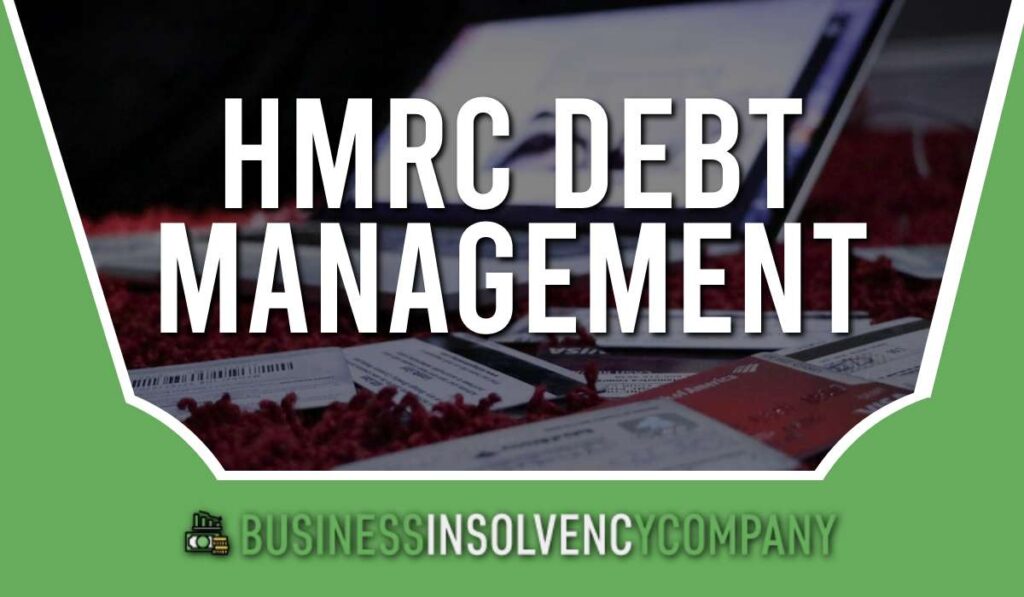

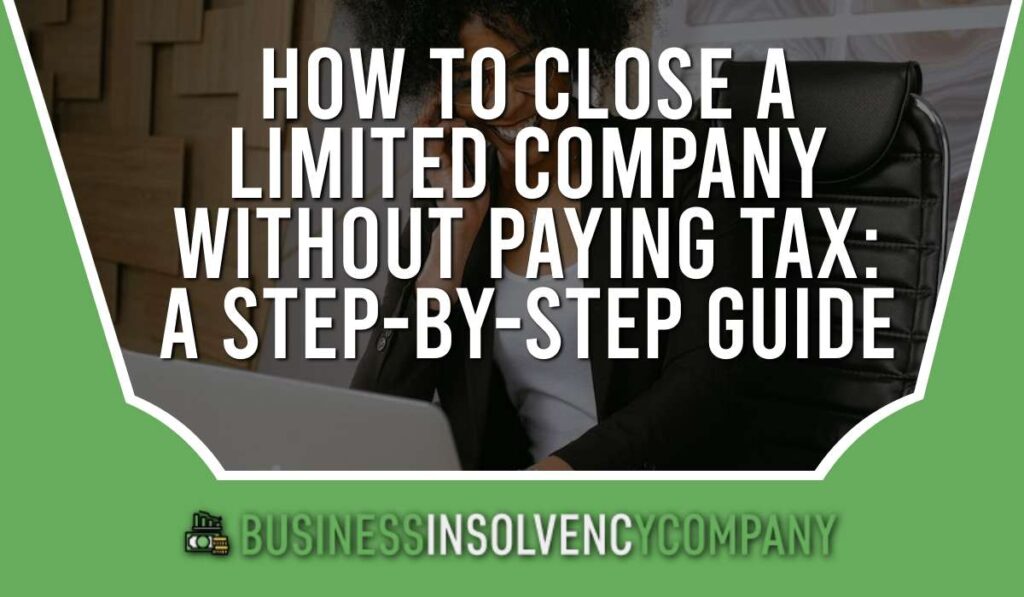
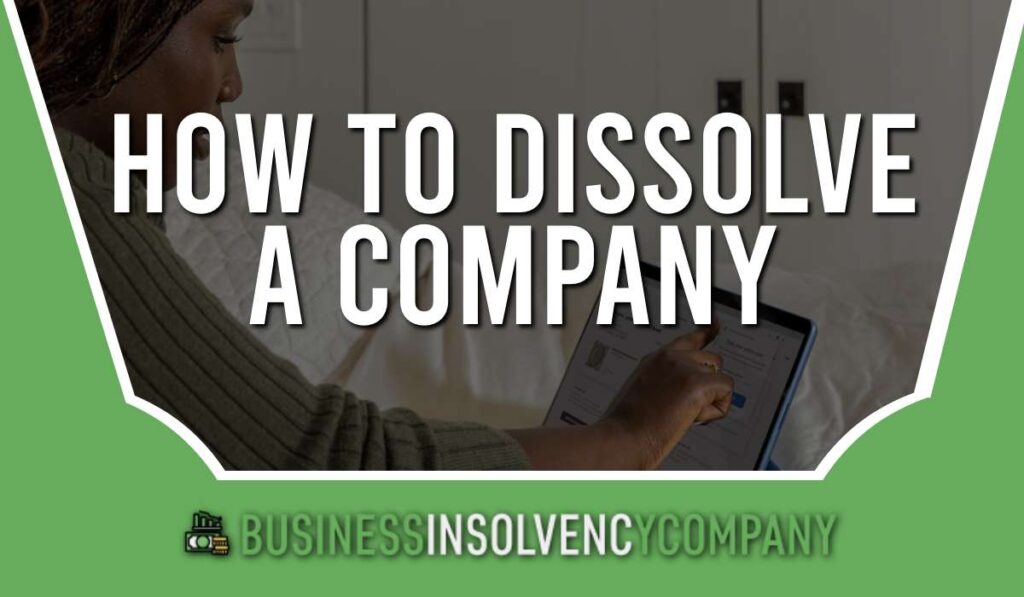



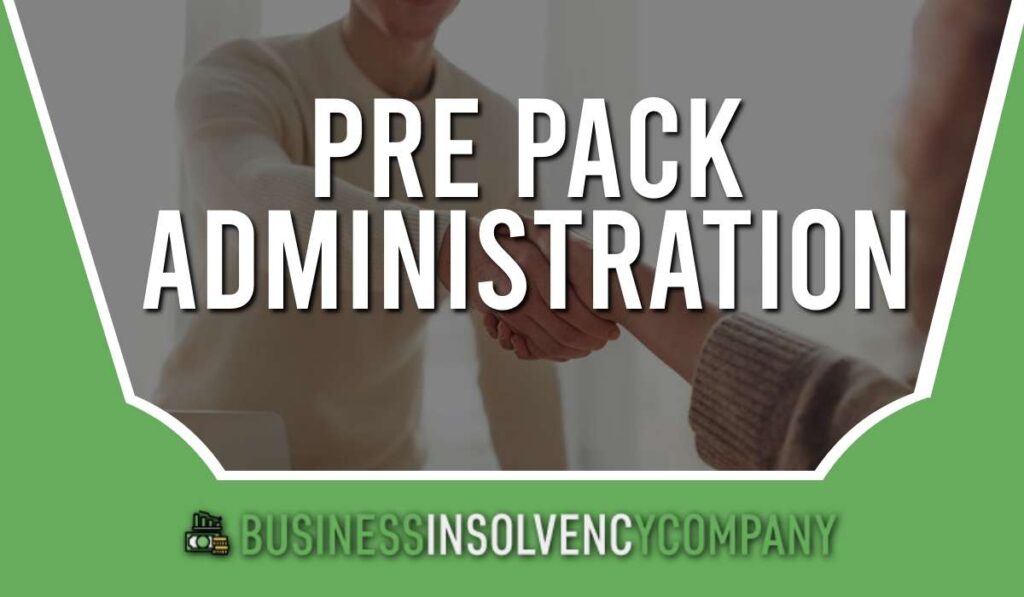





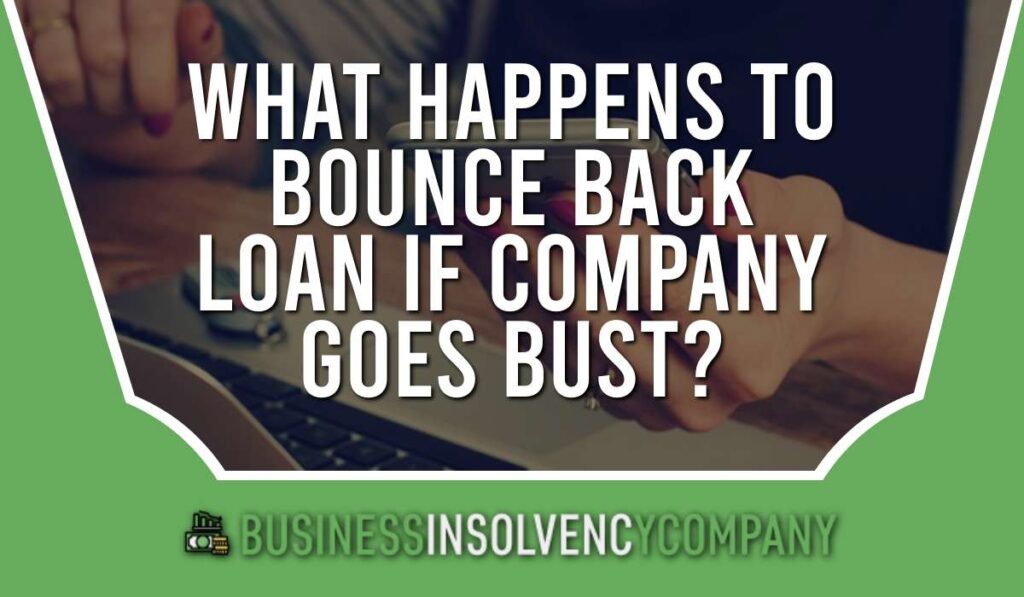
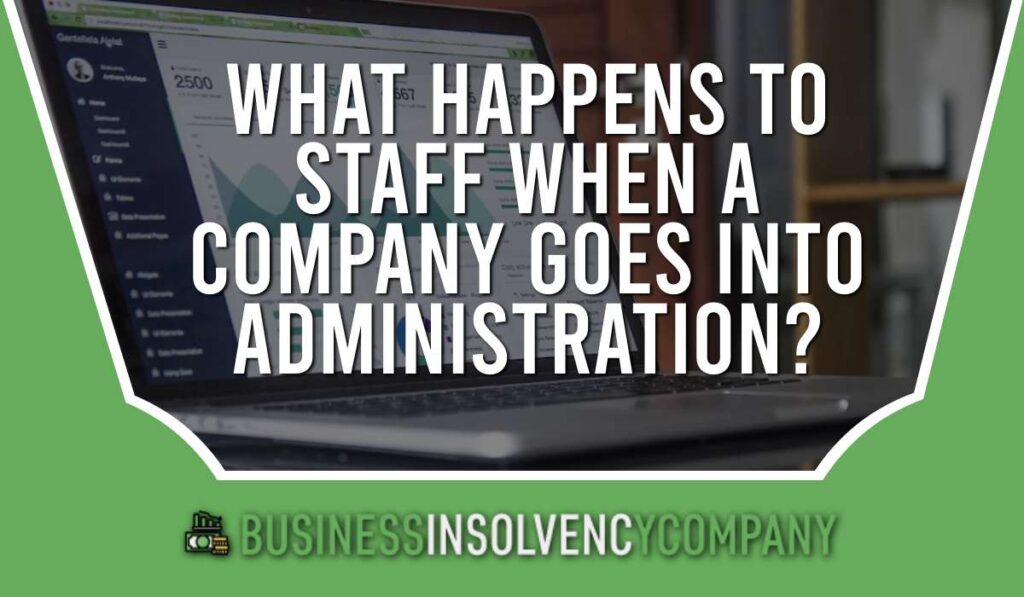

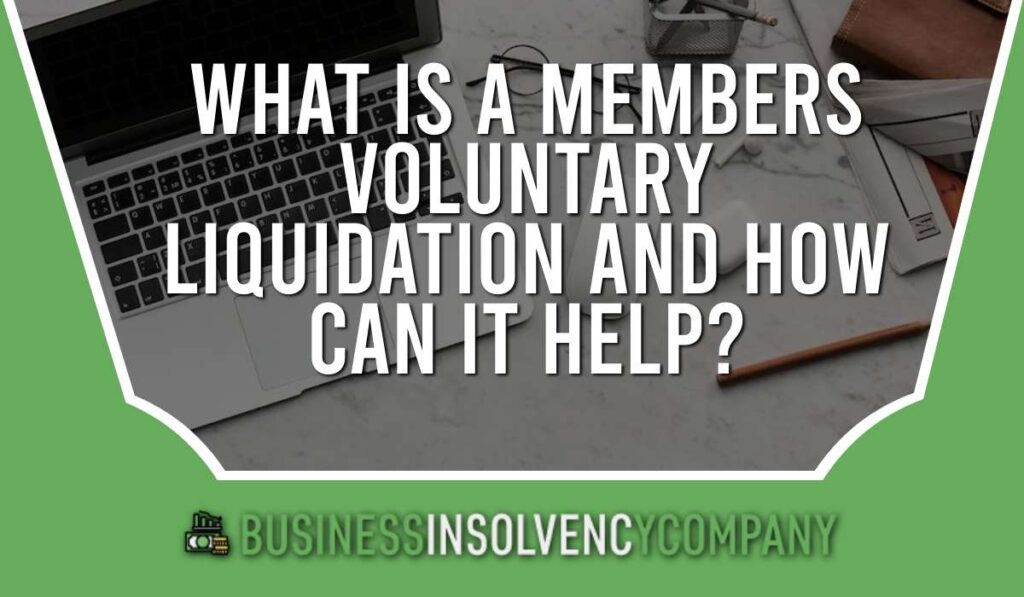

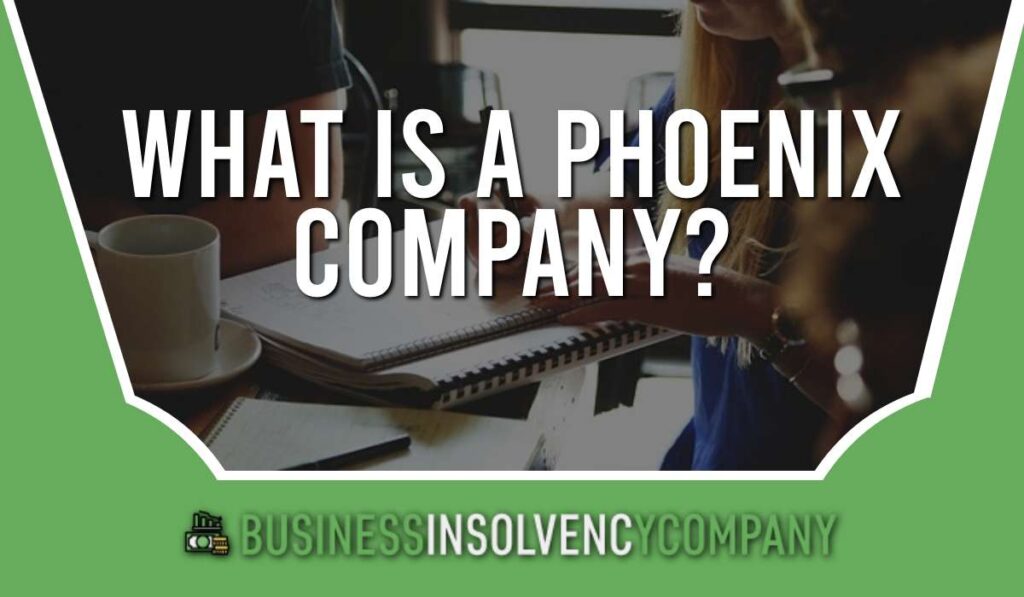

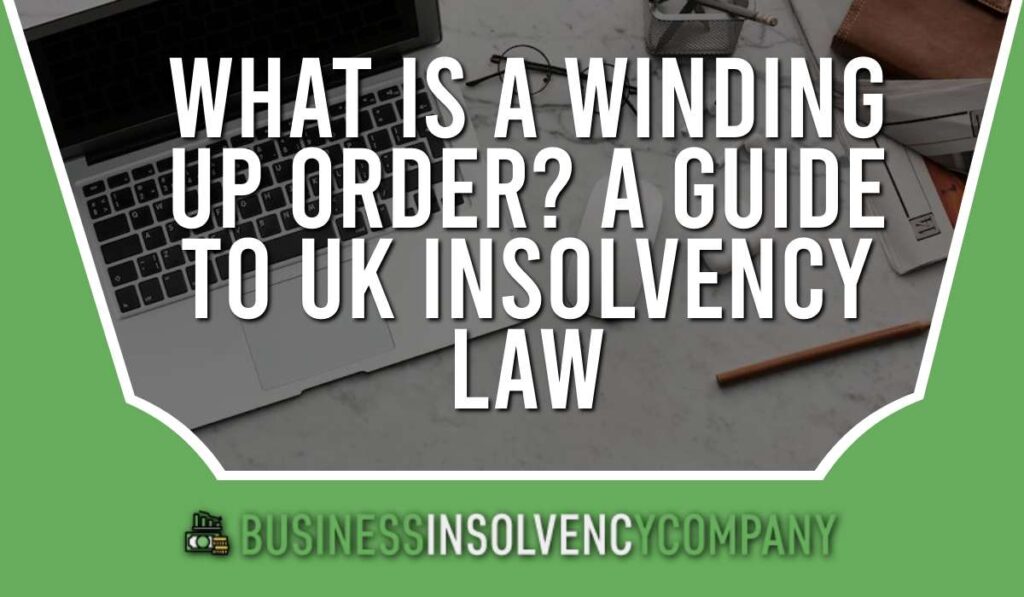




We Aim To Reply To All Enquiries With-in 24-Hours